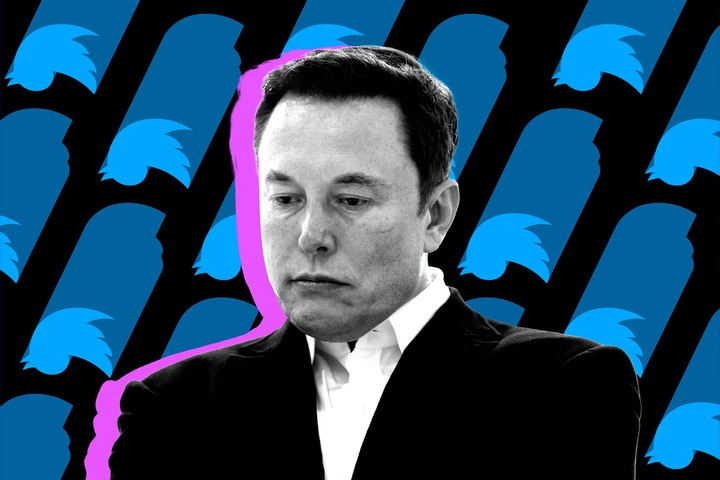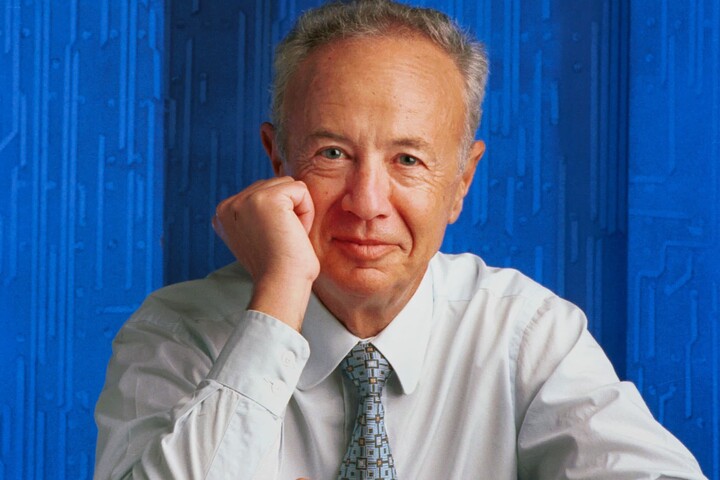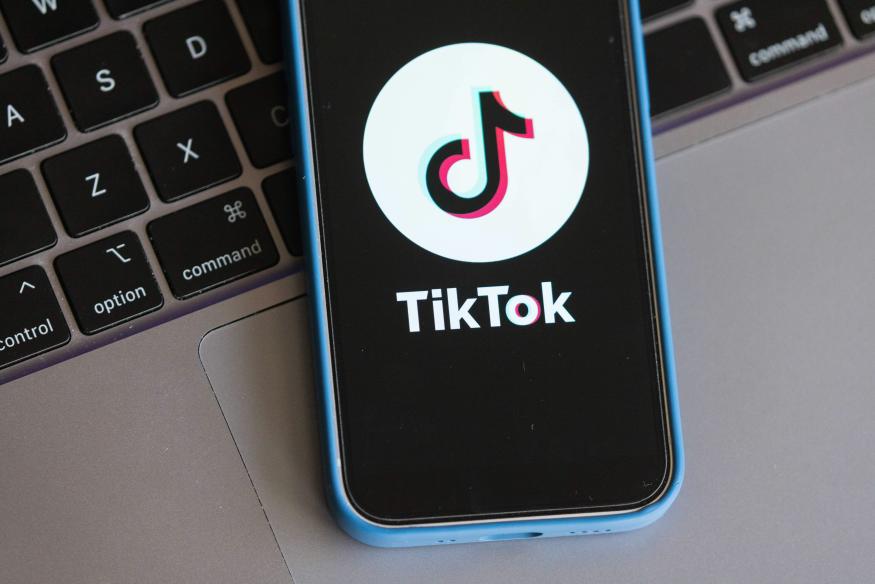Elon Musk starts banning critical journalists from Twitter
Several Elon Musk-critical journalists have been blocked by Twitter.
Elon Musk, Twitter’s new owner and self-described freedom of speech absolutist, made a big effort to restrict the press on Thursday evening when he suspended the Twitter accounts of several prominent journalists.

In the midst of his spat with Sweeney and the now suspended @ElonJet account controlled by the teen, Musk had threatened to suspend any Twitter accounts that published real-time information on a person’s location.
The accounts of Donie O’Sullivan of CNN, Ryan Mac of The New York Times, Drew Harwell of The Washington Post, and other reporters who have actively covered Musk in recent weeks have all been abruptly and permanently suspended.
Read More: Elon Musk sells another $3.58 billion of Tesla shares
Musk stated that the journalists had broken his new “doxxing” policy by disclosing his “exact real-time” location, which amounted to what he called “assassination coordinates,” in a series of intermittent tweets. Musk’s precise real-time location didn’t appear to be provided by any of the journalists who were banned.
Thursday night, CNN issued a statement denouncing the “impulsive and unjustified” suspension of O’Sullivan and others from Twitter. CNN noted, “Twitter’s increasing instability and volatility should be of incredible concern for everyone who used Twitter. We have asked Twitter for an explanation, and we will reevaluate our relationship based on that response.”
Musk later reaffirmed his allegation that he had been doxxed in a Twitter Spaces hosted by a BuzzFeed journalist. Shortly before his suspension, O’Sullivan posted on Twitter that the social media platform had suspended the account of Mastodon, an up-and-coming rival social media platform, allowing @ElonJet, an account that updates the location of Musk’s private jet.
Doxxing is the act of publicly disclosing a person’s home address or other private information online. However, the banned Twitter account had tracked Musk’s plane using openly accessible flight data that is still available online.
The restrictions raise several concerns about the platform’s future, which has been dubbed a “digital town square.” The suppression of journalists by Musk raised serious concerns about his alleged support for free expression.
Musk has stated numerous times that he wants to allow all legitimate expression on the platform. He had tweeted, “I hope that even my worst critics remain on Twitter because that is what free speech means.”
Climate activists commonly utilize accounts like ElonJet to highlight the severe environmental impact that private jets have. Taylor Swift, Kim Kardashian, Kylie Jenner, and Elon Musk have all faced criticism this year for utilizing aircraft when more environmentally friendly alternatives might be employed.
Musk has long objected to the live sharing of his private jet’s whereabouts. He even went so far as to make the @ElonJet account manager an offer of thousands of dollars to take the account offline at one point.
After Twitter announced new rules barring accounts that track users’ real-time whereabouts, the @ElonJet handle, which had accumulated over 500,000 followers, was indefinitely suspended on Wednesday. Musk also deleted any accounts that included links to such data. Earlier, Twitter had no limitations regarding location sharing.
The modifications followed Musk’s decision to reinstate past Twitter policy violators and cease enforcing the restrictions on Covid-19 disinformation.

I am a law graduate from NLU Lucknow. I have a flair for creative writing and hence in my free time work as a freelance content writer.




